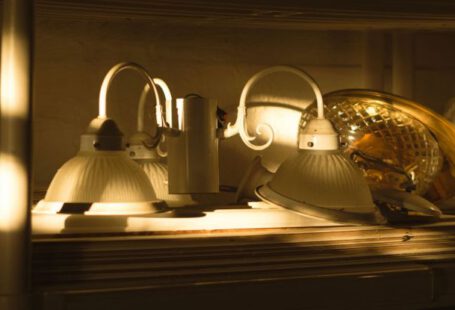In today’s fast-paced world, technology is constantly evolving, and computers have become an essential part of our daily lives. However, when faced with a malfunctioning cheap computer, many find themselves at a crossroads – should they invest in fixing it or opt for a replacement? This dilemma is a common one, and there are various factors to consider before making a decision. Let’s delve into the pros and cons of both options to help you determine whether it’s worth fixing a cheap computer or if it’s time to replace it.
**Assessing the Issue**
When your computer starts acting up, the first step is to assess the problem. Is it a minor glitch that can be easily fixed, or is it a major hardware issue that may require significant repairs? If the problem is software-related, such as a virus or corrupted system files, it may be cost-effective to repair the computer. On the other hand, if the issue is with the hardware components, such as a failing hard drive or motherboard, the repair costs can quickly add up, making a replacement a more viable option.
**Cost of Repairs**
One of the primary considerations when deciding whether to fix or replace a cheap computer is the cost of repairs. If the repair costs exceed the value of the computer or come close to the price of a new one, it may be more economical to invest in a replacement. Additionally, older computers may require specialized parts that are more expensive and harder to find, further driving up the repair costs. In such cases, it makes more sense to put that money towards a new, more efficient computer that will last longer.
**Performance and Compatibility**
Cheap computers often come with lower specifications and may struggle to keep up with the demands of modern software and applications. If your computer is consistently slow, freezes frequently, or crashes unexpectedly, it may be a sign that it’s time for an upgrade. Newer computers offer faster processors, more RAM, and better graphics capabilities, providing a smoother and more efficient computing experience. Moreover, older computers may not be compatible with the latest operating systems, limiting their usability and security features.
**Long-Term Investment**
When deciding whether to repair or replace a cheap computer, it’s essential to consider the long-term investment. While repairing a computer may seem like a quick fix, it’s crucial to evaluate how much longer the computer is likely to last after the repairs. If the computer is already several years old and showing signs of wear and tear, investing in repairs may only prolong the inevitable. In contrast, purchasing a new computer ensures that you have the latest technology and features, potentially extending its lifespan and providing better value for money in the long run.
**Environmental Impact**
Another factor to consider when deciding between fixing or replacing a cheap computer is the environmental impact. Electronic waste is a significant concern, with millions of computers being discarded each year, contributing to pollution and resource depletion. By repairing a computer instead of replacing it, you are helping reduce the amount of e-waste generated and extending the lifespan of the device. However, if the repairs are extensive and not cost-effective, opting for a new, energy-efficient computer with eco-friendly features may be a more sustainable choice in the long term.
**Making an Informed Decision**
In conclusion, the decision to fix or replace a cheap computer ultimately depends on the specific circumstances and factors at play. Assessing the issue, considering the cost of repairs, evaluating performance and compatibility, thinking about the long-term investment, and weighing the environmental impact are all essential aspects to take into account. By carefully analyzing these factors and making an informed decision, you can determine whether it’s worth fixing your cheap computer or if it’s time to invest in a new one that better suits your needs and budget.




